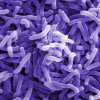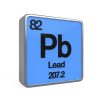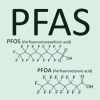Home City Water Treatment
There are many ways to pipe water into your home, but city water is perhaps the most common source of water for most people. Although city water is more convenient than well or pond water, since it comes pre-treated, there are several issues with city water and the treatment process that you should take into consideration.
Did You Know?
- Lead, PFOA, PFOS, Arsenic, TDS, and Chlorine can be present at elevated levels in homes as a result of aging distribution networks OR challenged municipal treatment systems.
- The main focus of municipal systems is to provide safe water, NOT the best water possible.
- Less than .05% of municipally-supplied water is tested in the home.
- City water is treated and monitored but can still become contaminated by waterborne pathogens
- The strong taste of chlorine from city water sources is one of the most common complaints from residents
- A large majority of consumers express concern over how well their city water is treated, and what exactly it contains
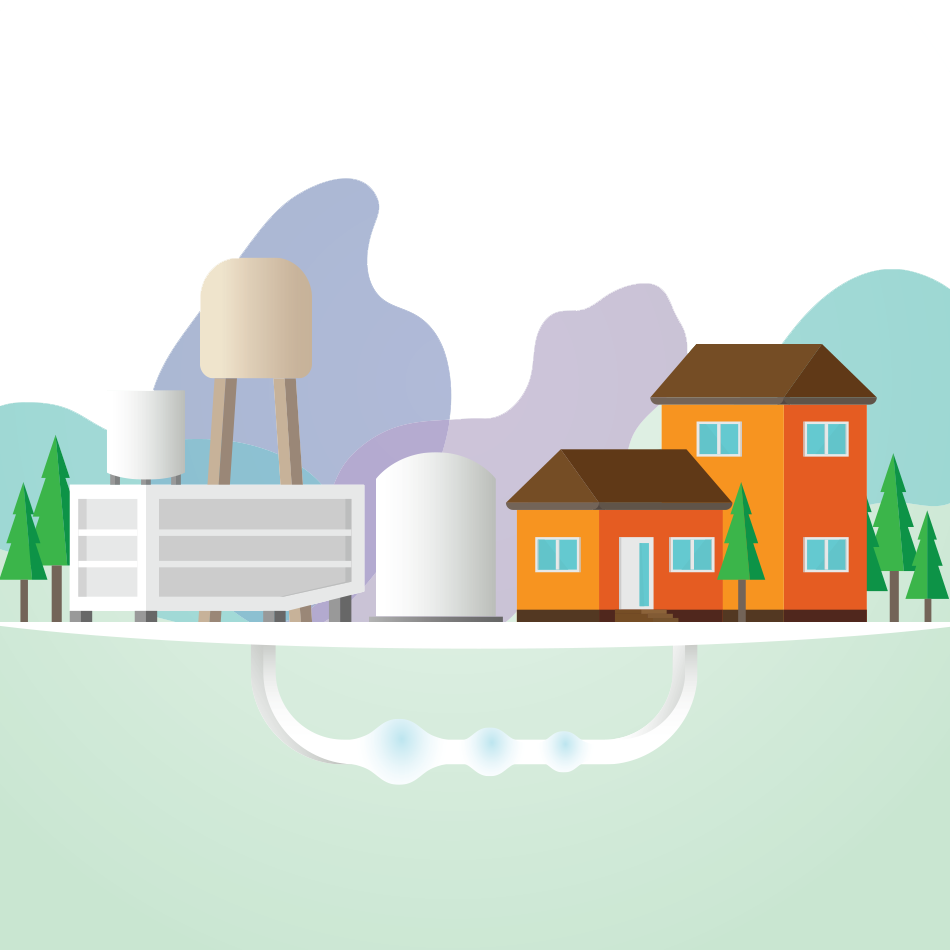
How Can A Water Treatment System Help?
Water filtration systems are designed to be a complete water treatment system for your home. There is no way to control the city water treatment process, but you can control the water that enters your home. Depending on your specific needs, a water filtration system can be customized to provide the water treatment that you require.
Water filters are a great way to filter out common water problems that are found in city water systems. Odors, excessive chlorine or fluoride, and metals or chemicals can all be eliminated with the use of a water filter.
Water softeners help to reduce the effects of hard water on the home. From dry skin to the buildup of deposits on appliances and pipes, hard water can affect many areas of your home. A water softener will prevent these issues and can help you avoid plumbing damage.
Knowing what is in your city water supply is the first step in choosing how to protect your home. Regular testing can reveal your water’s specific composition and can be a guide for how you will deal with any issues in your city water. Each specific region and city has its own water profile, so a test is the best way to determine exactly what kind of water treatment system would be most beneficial in your home.
Click on the areas in the map below to find out more…
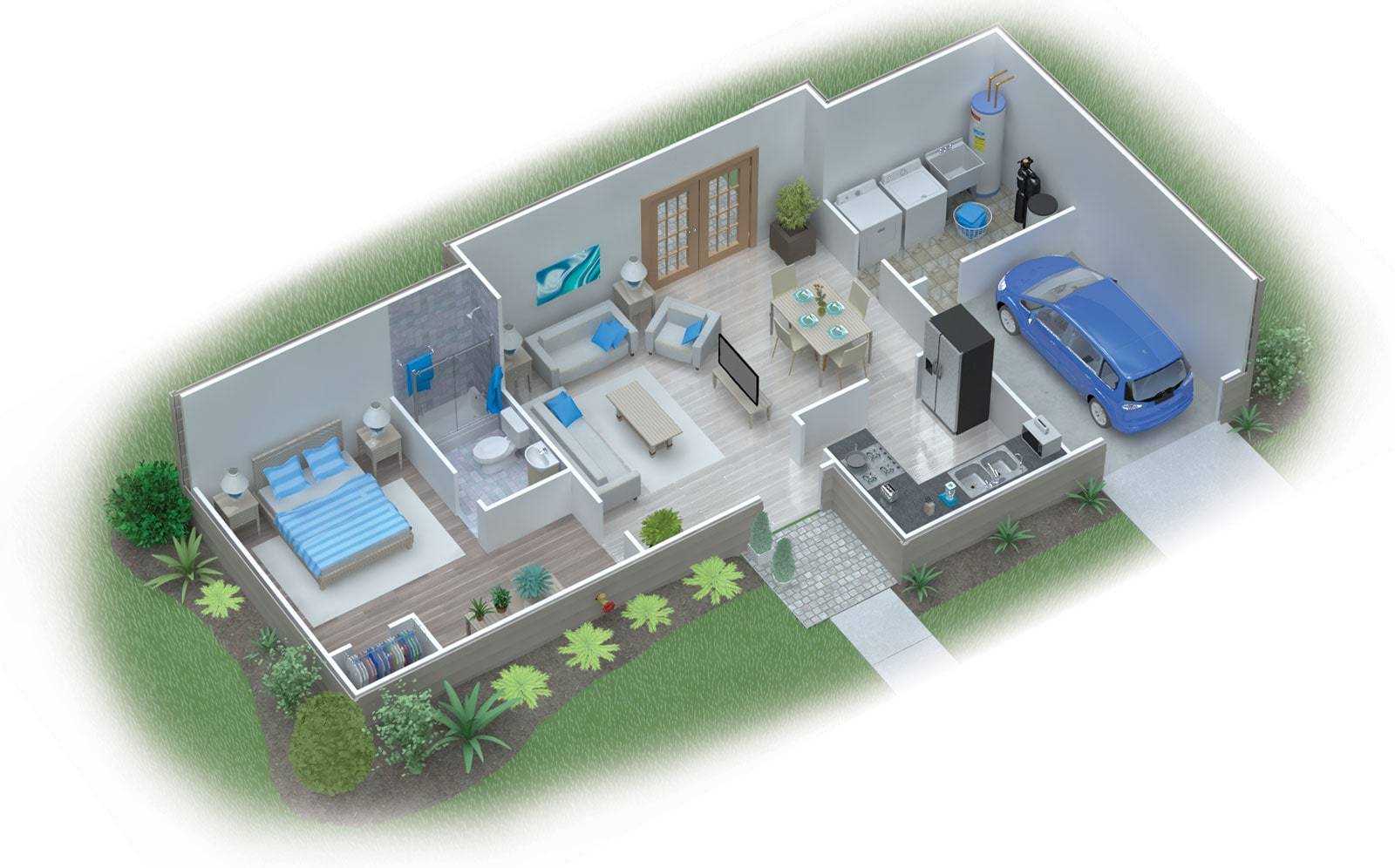
What’s in Your Water?
With so many options available, how can you decide whether or not to install a water treatment system, or choose which one is the best fit for your home? In order to understand what kind of water treatment system will work for you, you first need to evaluate the unique needs of your residential water. An in-depth water test will reveal contaminants in your water and will give you the exact composition of your water. This way, you will have the information that you need to make a decision regarding what products are the best fit for your home. Not all water is created equal, so take the time to make the right choice.
Once your water has been tested, you can start considering your options. Depending on the results of your water test, there are several different options that you can choose to protect your home’s water supply. Click here for your FREE Water Test.
Water Filters
Water filters provide full-service water treatment by reducing the contaminants that are distributed in the water at the source before the water connects into your home or building. A water filter is necessary to eliminate impurities and pharmaceuticals. Specialized water systems address your water issues and leave you with pure, great-tasting water.
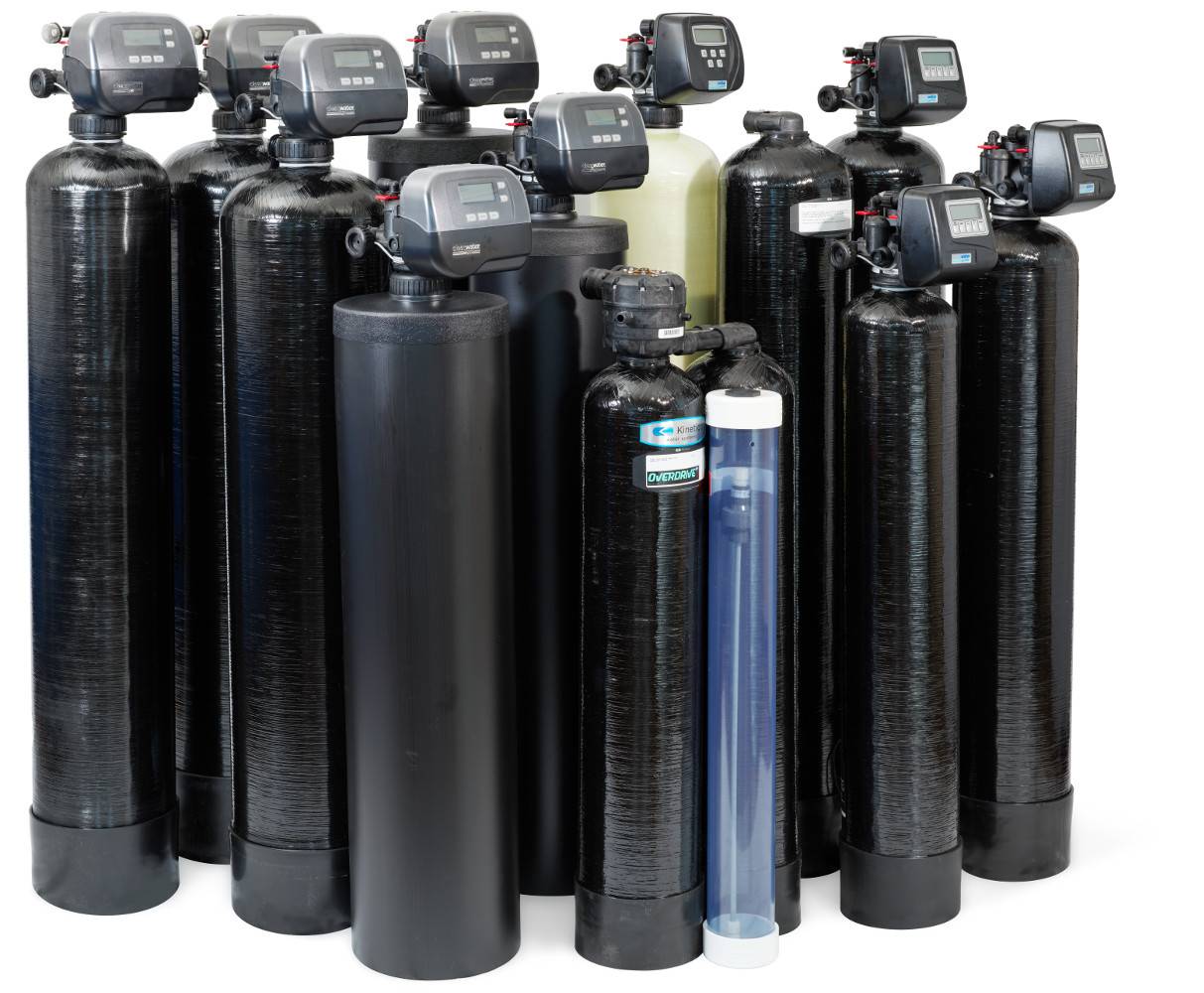
Water Conditioning Systems
Water conditioning systems are designed to eliminate scale buildup in your pipes. Water conditioners work to eliminate excess sodium in your water since they are salt-free systems. Rather than using salt, the water conditioning system employs a media or catalyst to condition the water. The conditioning is designed to eliminate scale buildup in your pipes.






